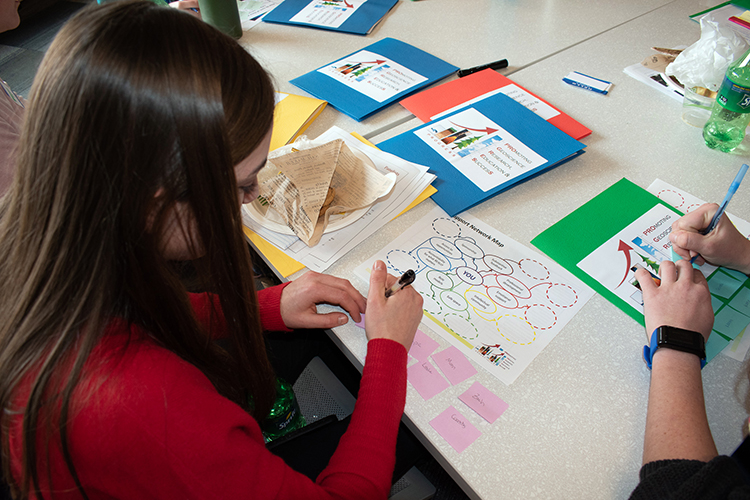PROGRESS mentoring program receives $3.5M from NSF to build on success
The geosciences don’t look like they did several decades ago, and decades from now they’ll look different than today. Scientific advances along with a greater diversity of scientists have strengthened the field, and improving the latter will lead to more of the former. That’s the ultimate goal of a $3.5 million National Science Foundation project led by Colorado State University researchers Emily Fischer and Melissa Burt.
Through their work on PROGRESS, a program for PROmoting Geoscience Research, Education and Success, Fischer and Burt proved that mentoring is key to retaining undergraduate women in STEM fields. The mentoring program they created helped students by increasing their science identity and sense of belonging.
“Given that it works, we need to make a scalable version, so we can offer this kind of mentoring program to as many women as possible,” said Fischer, an associate professor in the Department of Atmospheric Science.
Their most recent study, published in Nature Communications Earth & Environment, identified three essential components for a successful mentoring program: inspiration through exposure to geoscience careers via women role models, inoculation through training on how to grow their mentor network and overcome obstacles, and an introduction to a local female geoscientist mentor.
Read the full Source article, “Expanding PROGRESS: CSU mentoring program receives $3.5M from NSF to build on success.”
Photo at top: STEM students complete a mentor map exercise during a PROGRESS workshop in 2019.



